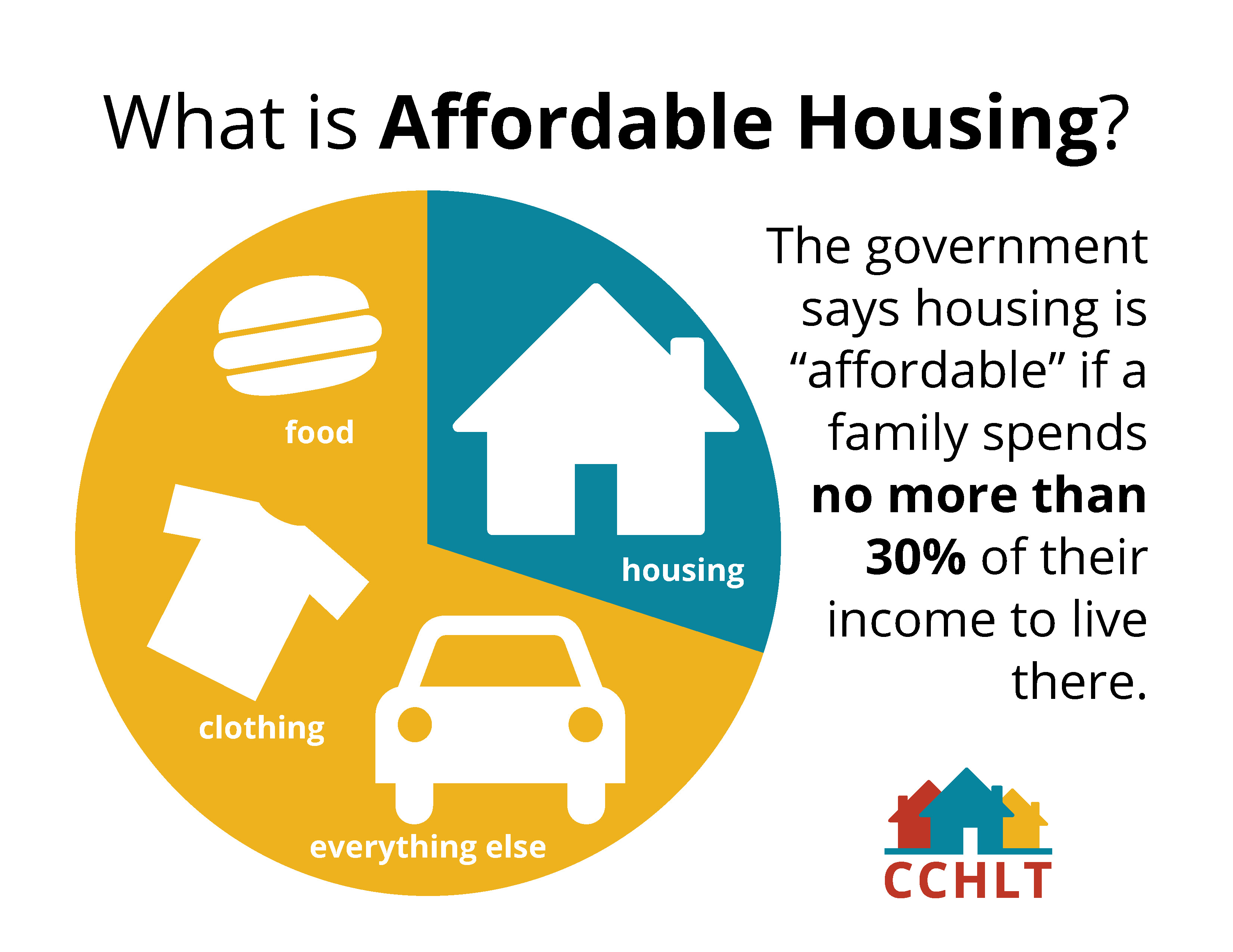Rick Scott tariffs have become a cornerstone of discussions surrounding the U.S. economy and trade policies. As the Republican senator champions these tariffs, he claims they are designed to level the playing field for American workers against leading global competitors, particularly China. Advocating for stronger measures, Scott emphasizes that tariffs will eliminate barriers that hinder the ability of U.S. businesses to thrive. While he aligns with Trump’s vision of using tariffs as a tool for economic leverage, the broader economic impact of tariffs remains a contentious debate among economists. With the landscape of tariffs and trade constantly evolving, understanding their implications is crucial for assessing the future of U.S. economic policies.
The tariffs imposed by Rick Scott reflect a strategic approach to negotiating trade relations and protecting American industries. By advocating for heightened trade barriers, Scott raises questions about the long-term consequences on international partnerships, particularly in light of China’s rising economic influence. His stance aligns with a broader trend in U.S. economic policy that seeks to recalibrate trade dynamics, often at the expense of mutual cooperation. In grappling with the complexities of tariffs and trade, the ongoing discussions promise to reshape the economic landscape and alter the balance of power in global markets. These developments highlight the need for a keen understanding of how such economic policies will ultimately impact American jobs and consumer prices.
The Role of Tariffs in Strengthening U.S. Workers
Rick Scott believes that tariffs are essential tools to protect American workers from unfair competition, particularly from countries like China. He argues that the existing tariffs are designed to create a more balanced economic landscape where American products can compete on a level playing field. By imposing tariffs on foreign goods, Scott contends that it removes barriers that have historically disadvantaged U.S. workers and manufacturers, supporting the notion of ‘America First’ in trade policy.
In his discussions, Scott frequently points out that the approach taken by the Trump administration is about empowering American businesses. By advocating for lower tariffs from other nations in exchange for the same on American exports, he positions himself as a champion for U.S. economic interests. The overarching goal is clear: to reduce trade deficits and enhance the domestic manufacturing sector, thereby boosting job creation and wages for workers.
Understanding the Economic Impact of Scott’s Tariff Policies
The economic repercussions of tariffs implemented during Rick Scott’s tenure as a senator are a topic of intense debate. While proponents assert that they could invigorate the U.S. economy by fostering local production, critics insist that the resultant price hikes on imported goods may outweigh the benefits. The Congressional Budget Office’s predictions regarding the national debt and economic growth suggest that the extent to which Scott’s tariff policies will enhance economic outcomes remains uncertain.
Additionally, experts warn that tariffs may trigger inflation by increasing costs for consumers and businesses alike. Scott himself admitted uncertainty about the inflationary effects of the tariffs, indicating that balancing the budget could potentially mitigate these effects. As policymakers navigate the delicate balance between protecting American interests and fostering healthy trade relationships, the long-term ramifications of Scott’s tariff policies on the U.S. economy remain to be fully understood.
Rick Scott’s Stance on Trade Relations with China
Rick Scott has explicitly stated his belief that the United States should halt all trade with China, expressing concerns over its economic practices and influence on global markets. His controversial stance emphasizes a proactive approach to mitigate the perceived threats posed by China’s growing power. By proposing stringent tariffs specifically targeting Chinese imports, Scott seeks to protect U.S. interests and discourage reliance on foreign manufacturing, highlighting a critical shift in American trade policy.
Scott’s perspective poses significant questions about future U.S.-China trade relations. With tariffs imposed at unprecedented rates, including a staggering 145 percent on Chinese imports, the ramifications are likely to extend beyond mere commerce, affecting diplomatic relations and global market stability. As he advocates for an aggressive trade stance, Scott underscores the urgency of addressing what he sees as China’s manipulative trade practices, thereby framing it as a matter of national security and economic sovereignty.
Navigating the Trade Deficit: Opportunities and Challenges
The discussion surrounding trade deficits often centers on the effectiveness of tariffs in reducing them. Rick Scott aligns with those who argue that tariffs can serve as a deterrent against countries that engage in trade practices considered unfair. He suggests that by imposing tariffs, the U.S. can encourage foreign nations to play by the same rules, thus presenting an opportunity to decrease the trade deficit while simultaneously boosting the U.S. economy.
However, the effectiveness of such measures is questioned by various economists who believe that the complexities of international trade require more than just tariff adjustments. They argue that tariffs can lead to retaliatory measures that may ultimately harm U.S. exporters. As Scott promotes policies aimed at reducing the trade deficit, the challenge lies in balancing aggressive strategies with the need to foster cooperative trade relationships.
The Future of American Manufacturing in a Tariff-Laden Environment
One of the primary objectives behind Rick Scott’s advocacy for tariffs is to uplift American manufacturing. He envisions a scenario where tariffs protect domestic industries from overseas competition, which can potentially foster a robust manufacturing sector. By doing so, Scott aims to create a favorable environment for American businesses to thrive, ultimately leading to job creation and wage increases.
However, this vision may be tempered by the reality that higher tariffs can lead to increased production costs and, subsequently, inflation. U.S. manufacturers that rely on imported raw materials may face challenges in adjusting to these tariffs, which could impact their operational costs. For American manufacturing to truly flourish in this new tariff era, strategic planning and support will be essential to navigate the dual pressures of rising costs and the need for competitiveness in a global market.
Rick Scott’s Economic Policymaking: A Review of Tariff Strategies
Rick Scott’s economic policies, particularly regarding tariffs, have sparked considerable interest and criticism. His belief that tariffs are vital for protecting American jobs resonates with many who feel the strain of globalization. By focusing on tariff strategies reminiscent of those from the Trump administration, Scott aligns himself with a faction of economic thought that prioritizes domestic production over international trade engagement.
Nevertheless, Scott’s stance has met opposition, particularly from economists who warn against the broader implications of such a one-dimensional approach to trade. They point out that while tariffs may provide temporary relief for certain sectors, they could inadvertently stifle innovation and increase costs for consumers. Balancing these perspectives will be vital as Scott continues to shape his policies during an evolving economic landscape.
Global Reactions to U.S. Tariff Policies
The implementation of sweeping U.S. tariffs has elicited varied reactions globally, particularly from key trading partners. Nations affected by tariffs, such as China, have retaliated with their own set of tariffs, leading to a complex web of trade tensions. Rick Scott’s unwavering support for tariffs designed to protect American interests may resonate domestically but complicates diplomatic relations internationally, drawing criticism from allies who fear the long-term economic repercussions.
Amid these complex dynamics, countries must navigate a shifting trade environment marked by uncertainty and volatility. Scott argues that these tariffs can ultimately lead to fairer trade agreements, but many experts caution that the resulting trade wars could have deleterious effects on the global economy. As international players respond to U.S. tariff policies, the potential for a protracted economic standoff raises significant concerns for global market stability.
The Political Landscape Surrounding Tariffs and Trade
Rick Scott’s firm position on tariffs is a defining aspect of his political platform, aligning with a broader Republican narrative that emphasizes national interests over cooperative trade practices. This stance appeals to constituents who prioritize job security and the preservation of American industries. However, navigating the political landscape around tariffs requires delicate balancing, particularly when faced with dissenting opinions from economic analysts and other politicians.
As the debate over tariffs heats up, Scott’s approach reflects a growing populist sentiment within American politics that champions worker protections against global competition. This surge has implications for future policy decisions and electoral strategies, as both parties consider how trade impacts their constituencies. The ongoing discussions surrounding tariffs will likely influence the political discourse leading into future elections, making it a critical issue for lawmakers.
Evaluating the Long-term Effects of Tariff Policies on the U.S. Economy
As the U.S. grapples with the long-term effects of tariff policies championed by Rick Scott and others, uncertainty looms regarding their impact on the economy. While the intention is to bolster domestic industries, many are wary of the potential unintended consequences that such policies may unleash. Trade experts argue that a sustained reliance on tariffs could lead to trade isolation, impacting economic growth and innovation.
Furthermore, the broader implications of tariff-induced trade wars could reshape the landscape of international commerce. Companies that depend on a global supply chain may face disruptions that impede their operations and affect consumer prices. Evaluating these long-term effects will require careful analysis so that policymakers, including Scott, can make informed decisions that truly benefit the U.S. economy.
Frequently Asked Questions
What are Rick Scott’s views on tariffs and their impact on the U.S. economy?
Rick Scott supports tariffs as a strategy to level the playing field for American workers. He believes these tariffs will help U.S. manufacturers by encouraging other nations to reduce their taxes on American products, thereby boosting the U.S. economy.
How do Rick Scott’s tariff policies relate to China trade policy?
Rick Scott views China as a primary economic competitor and advocates for strong tariff measures against Chinese goods. He argues that significant tariffs on China are necessary to protect American interests and reduce trade deficits.
What economic impact does Rick Scott predict from imposing tariffs?
While Rick Scott believes tariffs will ultimately benefit American workers by eliminating barriers to trade, the economic impact is debated. Critics, including some economists, argue that tariffs could harm the U.S. economy by increasing prices and causing market volatility.
What specific tariffs has Rick Scott supported that affect global trade?
Rick Scott has supported a 10 percent tariff on most imports, with a notably high 145 percent tariff on Chinese products. This strategy aims to reshape U.S. trade policy and reduce reliance on China.
How does Rick Scott plan to address national debt while advocating for tariffs?
Senator Rick Scott emphasizes the need for a balanced budget and reduced federal spending as critical steps to improve the nation’s fiscal outlook, despite uncertainties regarding how tariffs will affect inflation and overall economic health.
Why does Rick Scott believe all trade with China should be stopped?
Rick Scott has stated that he believes halting trade with China is essential to prevent conflict, suggesting that the only way to avoid war with China is to severely weaken its economy through high tariffs.
What are the long-term implications of Rick Scott’s tariffs on U.S. workers?
Rick Scott argues that in the long run, tariffs imposed on foreign goods will protect U.S. jobs and manufacturing by making American products more competitive. However, critics warn of potential job losses in sectors reliant on imports.
How do tariffs affect inflation according to Rick Scott?
Rick Scott has expressed uncertainty about the direct impact of tariffs on inflation. He believes managing inflation will primarily depend on achieving a balanced budget rather than solely on tariff rates.
| Key Point | Details |
|---|---|
| Tariff Strategy | Rick Scott defends the Trump administration’s tariffs as a way to help U.S. workers by putting pressure on other nations to eliminate their tariffs on American products. |
| Impact on American Workers | Scott believes tariffs will allow American workers to sell more goods and remove barriers to trade. |
| Concerns About China | Scott views China as the biggest economic threat and suggests that a dramatic weakening of the Chinese economy is necessary to avoid potential conflict. |
| Competing Economic Opinions | While Scott supports tariffs, others, including economists like Jason Furman, warn that they could damage the U.S. economy. |
| Current Tariff Rates | A 10% tariff on most nations, with China facing a 145% tariff and retaliatory measures from China including a 125% tariff on U.S. imports. |
| National Debt Concerns | Scott advocates for a balanced budget and reduced spending in light of the projected national debt reaching $20 trillion. |
| Uncertainty on Inflation | Scott expressed uncertainty about the tariffs’ effects on inflation, stating balancing the budget is crucial for managing it. |
Summary
Rick Scott tariffs aim to reshape U.S. trade policy by imposing significant trade barriers, particularly against China, which Scott views as a primary competitor. By advocating tariffs, Scott believes these measures will protect American workers and stimulate domestic sales, despite significant criticism from economists who caution against potential negative impacts on the broader economy. As the administration moves forward with high tariff rates, particularly on China, the debate over the long-term consequences of these strategies continues.




